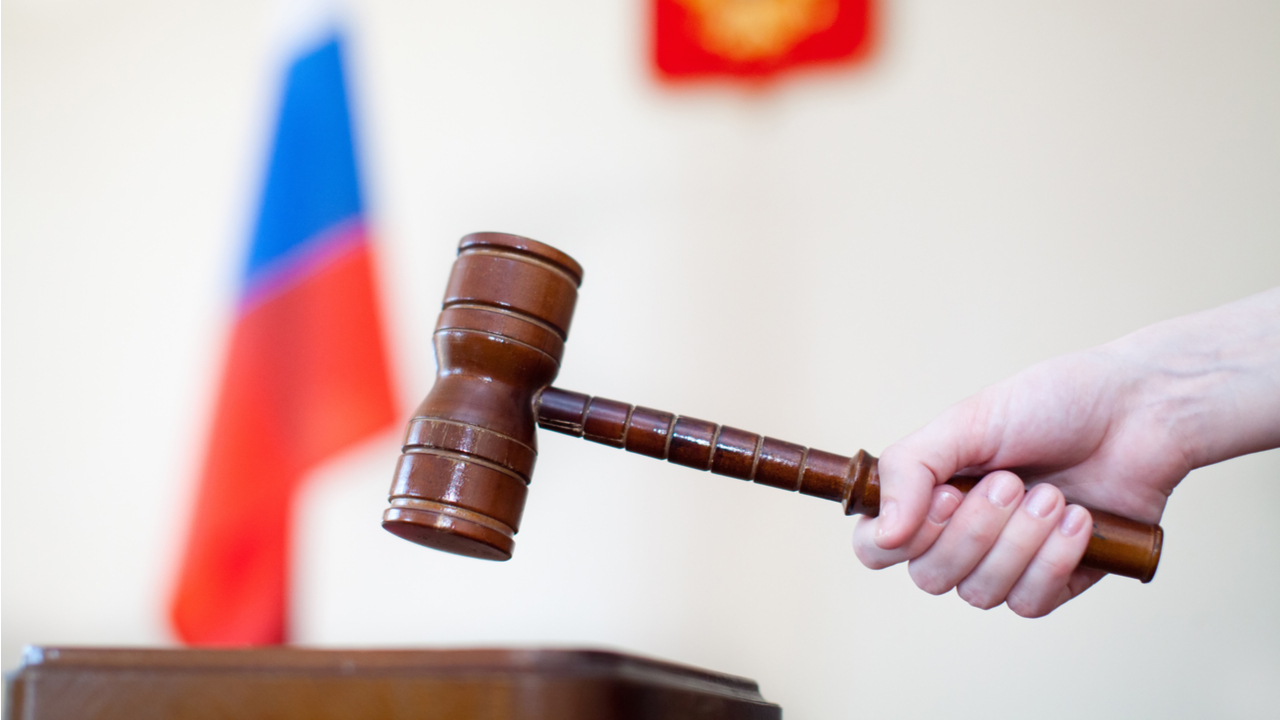
A court of appeals in Russia has overturned a ruling by a regional court which allowed the blocking of the Tor Project’s website in the country. Due to violations during the initial proceedings, the case has been returned to the court of the first instance for another review.
Roskomsvoboda Helps Cancel the Blocking of Tor Project’s Website in Russia
Procedural violations, mainly the failure to summon the owner, have led to the canceling of the regional court’s decision to block torproject.org, Roskomsvoboda announced this week. The lawyers of the non-governmental organization working to protect the rights of internet users in Russia played a role in the case which has been sent back to the first instance court in Saratov region.
The Tor Project’s website was blocked in December last year on the basis of a decision of the Saratov District Court from Dec. 18, 2017. The hearing in the appellate court, held online, was attended by Ekaterina Abashina from Roskomsvoboda’s legal team. Since the ruling of the district court has been canceled, torproject.org should be unblocked, she said.
Abashina explained that the defense had two main arguments to challenge the initial decision. First of all, the absence of a representative of the platform at the hearings affected the rights and obligations of the owner. Then, Russian law does not currently prohibit the dissemination of information related to VPN technologies and anonymizers.
The prosecutor did not file a written response to the lawyers’ complaint but made only a verbal objection. Roskomnadzor, Russia’s media watchdog which had blocked the website, filed a written response claiming the court had unlimited powers to recognize any information as prohibited, Abashina detailed. The legal expert told Forklog that Russian authorities want to restrict access to the website because of the published instructions on how to download the privacy-oriented Tor browser.
Ekaterina Abashina expects the new proceedings to begin within a month and hopes that the court of first instance considers Roskomsvoboda’s second point, that the spread of information about technologies such as Tor is not banned in the Russian Federation, and also attempts to summon the affected website’s owner as required by law.
Sites disseminating useful information and providing services to the crypto community have been targeted by Russian authorities in the past few years. Last June, a court in Russia’s Perm region decided to block a number of platforms describing how to exchange cryptocurrency for fiat cash. In December, Roskomnadzor took steps to restrict access to six VPN providers for helping Russians reach “banned” information. Some operators have successfully challenged these measures in Russian courts.
What are your thoughts on the case with the blocking of the Tor Project’s website in Russia? Tell us in the comments section below.
from Bitcoin News https://ift.tt/YAeLc5X
Comments
Post a Comment